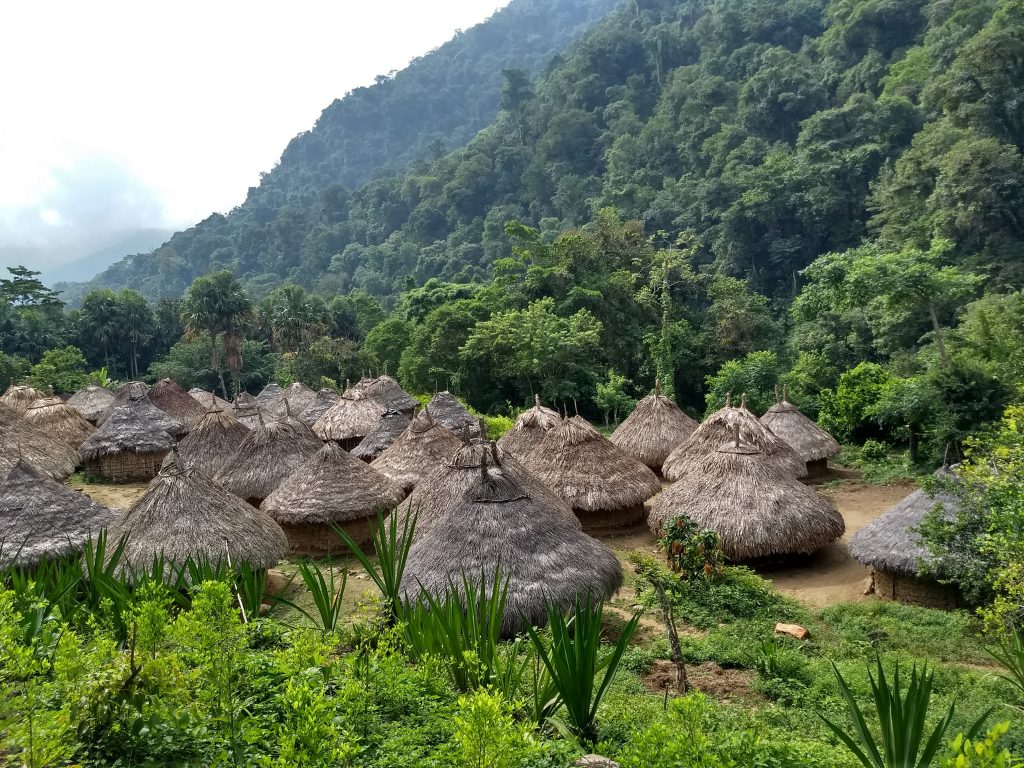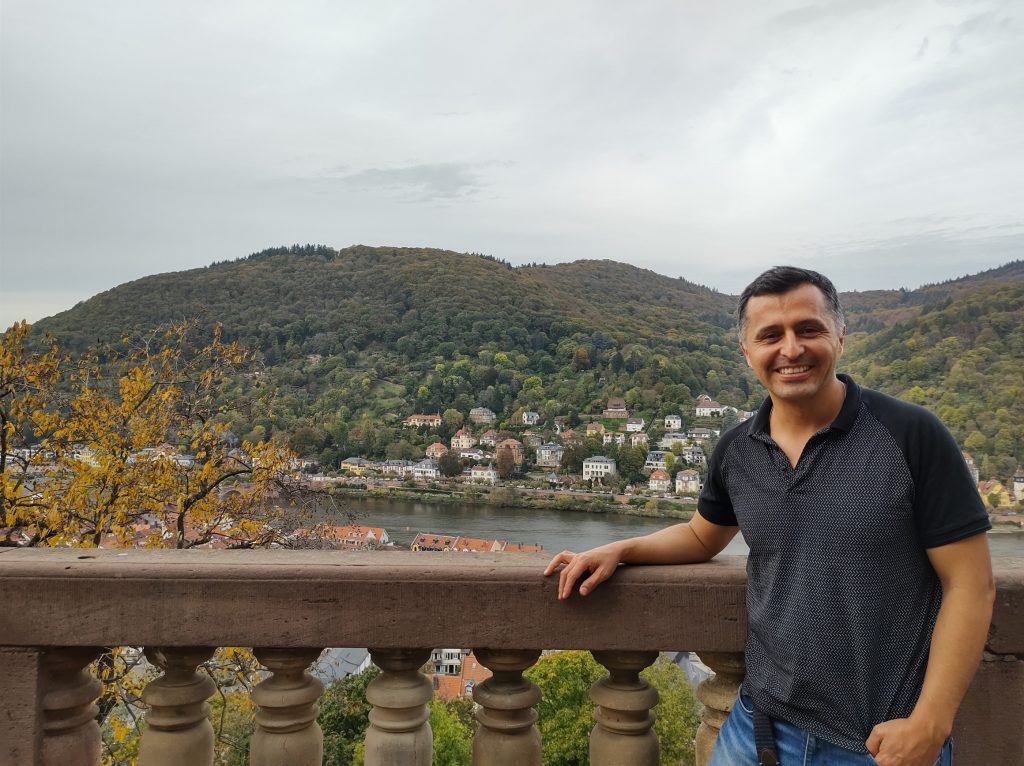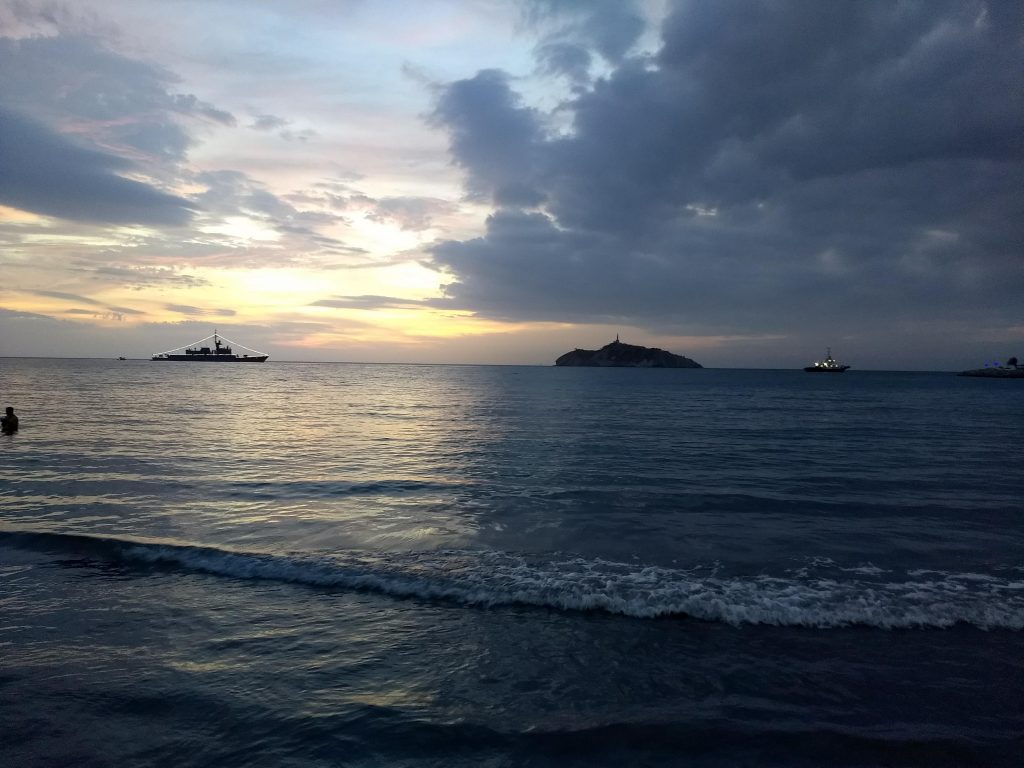My writing workflow
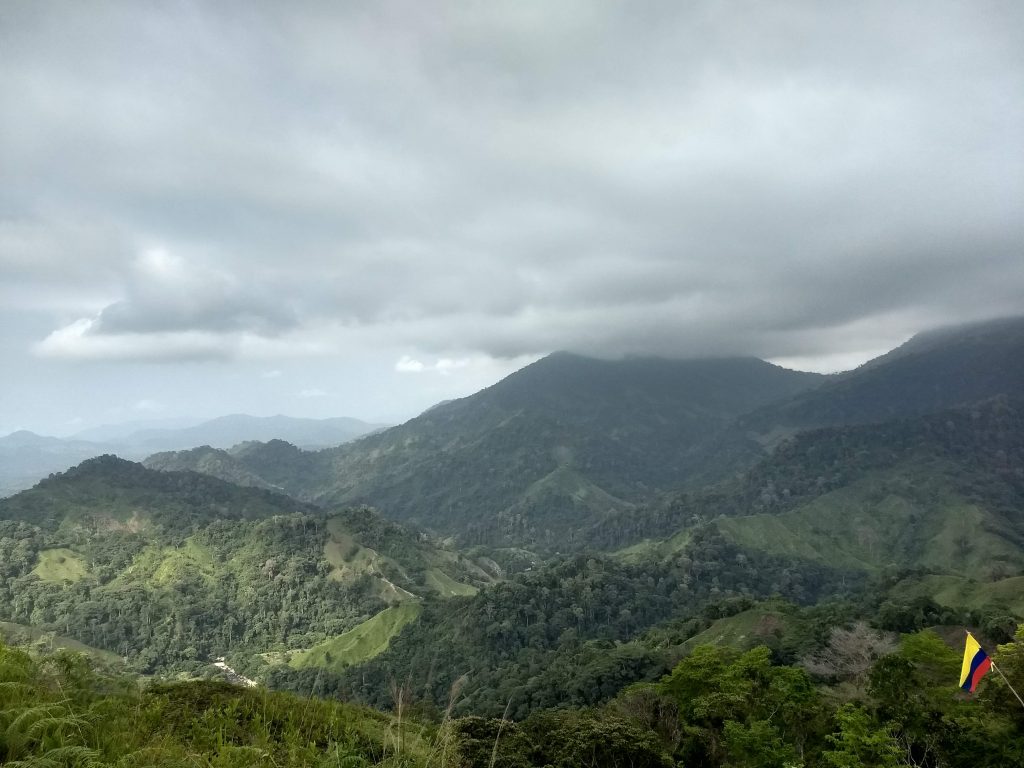
Writing about how we do things is not easy. We just do things in life and when we have to give account of them, it is a difficult task. Most of the time we do things almost automatically and because of that, we also make mistakes. Even though we learn a lot from our mistakes, I think that this exercise about our writing workflow is a good self-reflection activity.
I was thinking about how to write this post and the best way to explain to do it will be with an analogy. I had to go to the military service in Colombia for one year just after finishing high school. In some ways was a bad experience, but a final evaluation is very positive one. I think that describing an army and its duties will help me explain my writing workflow. As with many analogies, this is not perfect, and it could have negative connotations for some of you. So, I apologize in advance if anyone can feel uncomfortable with this analogy. I hope not.
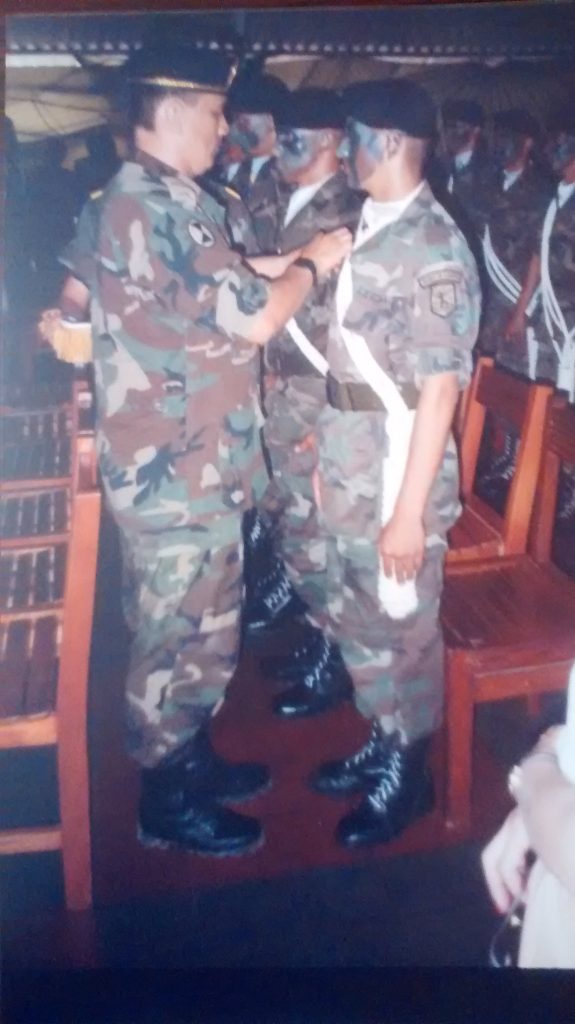
An interesting experience in the Colombian National Army
- The big mission: I think that every army has a big mission, which could be defending its country. So, when I write, I think I always have a mission. It could be very general. For example, for the final assignment of this course, I thought about clarifying the concept of “Western medicine”. This is very broad, but after reading a lot of research papers and internet articles, I said: “This term is not precise, is equivocal, overgeneralizing”, I have to try to clarify it in its relation with Indigenous traditional medicine.
- The army itself. Then, I ask myself: “Am I alone in doing this?” In some ways, “yes”, in other ways, “no”. I remember that when I was in the National Army, officers and soldiers were all the time saying: “You come alone to the Army, you leave alone the Army”. It was a very individualistic thought, but it was in part true, because it was very difficult to trust in anybody. Everyone acted according to their interests.
In writing, I sometimes have this feeling, “I come alone, I leave alone”. But the thing is that in the Army, you’re never alone, you’re always surround by people. And in writing is the same. I write for people. I’m not completely alone. Moreover, I also need help from other people to better develop my ideas, to discuss with someone about what I’m writing, and to accept corrections to improve the text. An Army works in some ways alone, but, in principle, fights for its country.
- The weapons. I’d divide the weapons in two groups, internal and external. Internal weapons are personal skills, gifts, abilities, virtues: for example, intelligence, reflection capacity, amazement, curiosity, creativity, wisdom, will, discipline, order, commitment, responsibility, patience, resilience, flexibility, coherence, transparency, hope, etc. It doesn’t mean that I have 100% of all of these, but I think they are part of who we are and when we write, we can apply them, explicitly or implicitly.
The other group are external weapons. For example, time. If I do not have time, it will be impossible to write anything. A computer. I like writing on paper, but this is for my personal reflections at the end of the day or when I want to send someone a letter with a particular message. But for daily life, if I want to write a text, I need a computer, definitely! This could sound very simplistic, but it’s true. I also need a relatively comfortable chair and desk and a cup of coffee! As a typical Colombian, I like coffee. Besides, I’d say that I don’t need complete silence. Sometimes, a bit of noise of people chatting, help me write, for example at the Student Center at the university or in a not so crowded cafeteria.
- The officers. Mentors and those who could take some time to read your work, are the equivalent of the officers in an army. I think I can start working on something without discussing it too much with someone, but I need some company and help during the process and especially when I have the drafts. I think I am open to comments from people. I am not very sensitive to those comments. What I think I need is that someone “destroys” your paper with a lot of comments, I would expect them to help me go the end of that. It’s like in a battle, if officers just tell you: “Solider, go to the battle and fight!” but they don’t go fighting, you have almost no motivation to go fighting. You can even die in the battlefield. Committed mentors are like high-ranked officers, like Generals, who go to fight with their soldiers.
- My buddy or buddies. (In Spanish we say “mi lanza”, literally “my spear”. That was used t refer to your soldier partner). No soldier can survive if the soldier next to him is not keeping an eye on the other. This is hand rule in the Army. We need immediate support of one or two close people. In the writing workflow, it could be your boyfriend, girlfriend, partner, best friend. This is very important to me, because I need some kind of support especially when writing takes months. For short texts, I can survive alone. For small battles you can even go alone. However, for big battles, for long texts, I need so kind of external affective support. I need that.
- The enemy. What blocks me in writing is when I think that I’m too different to people and that what I’m writing w0n’t be accepted.
- The plan. When I write I do several things.
- The title. I write one possible title or several titles. This help me to see where I can go with that text. During the writing process, I can write 15 or more different titles.
- A mind map. I usually make a mind map on paper, trying to see where to put all the main concepts and ideas and how the are related.
- A table of contents. Then, I try to organize the order of the ideas in a table of contents at the beginning of the text. This helps me to see a logical order, to see the backbone of the text. I change the order several times until I have the best possible order and then I start working. But sometimes I just start working and, on the way, I change the order, because I see that I could better develop some ideas and not others.
- References. When I’m reading articles, I try to put quotations in each of the sections that I have created. I put them literally and during the writing process I can keep some of them literally, I paraphrase others, and others I keep just the general idea.
- Time to write. Even though I am not as those people who wait for the inspiration and perfect moment to write, I do look for at least 30 or 40 minutes to concentrate on writing. Then, I can have breaks to answer calls, messages or check emails, and then continue writing. I have found that I can have these breaks and I can deal with my daily life and commitments and have to for writing.
- Revision. I usually don’t wait to have the perfect draft to ask for feedback. Yesterday, I sent a third draft of my PhD research proposal to my supervisor, and I know it has a lot of work to be done, but then at least he knows what I’m working on and where I think I could get with my thesis. I think I was perfectionist before, but now I’m much more flexible.
- Final text. I think I’ve found a balance between perfectionism and academic production. I know that several drafts are needed to have a good product, but I also know that we have to define when to stop making changes. We’ll always find something to change.
- Publication. Many times I try to publish in a journal what I write. Since I have written mostly in Spanish, all the journals I have submitted articles to are from Latin America (LA) and Spain. I think that the experience of sending a paper for publication is a good one because you always have the feedback either from the editor and/or from the peer reviewers of the journal. So, you have at least one or two revisions of your text for free (at least in most of the journals in LA) and if things go well, your article is published.
- War and battles. The biggest war is my life and in this big war I have many battles to fight, and every battle is an article that I write. However, I also consider that every article is also a war, and the drafts are small battles.
The ideal thing would be to win the wars, to finish articles. Sometimes I lose some wars. I fight the war, that is, I write the text, but there is the possibility not to publish in the journal I want, for any reason. On other occasions, I win the war. I wrote an article, and it was published in the journal I wanted. However, there is always some gain, the reward of writing.
In conclusion, I feel that I’m fighting all the time, that I’m fighting many battles. Sometimes I lose the battle, but not the war. And even I lose the small wars I described, there is a big mission that pulls all this work up so that I can win the biggest war, which is my whole life.

